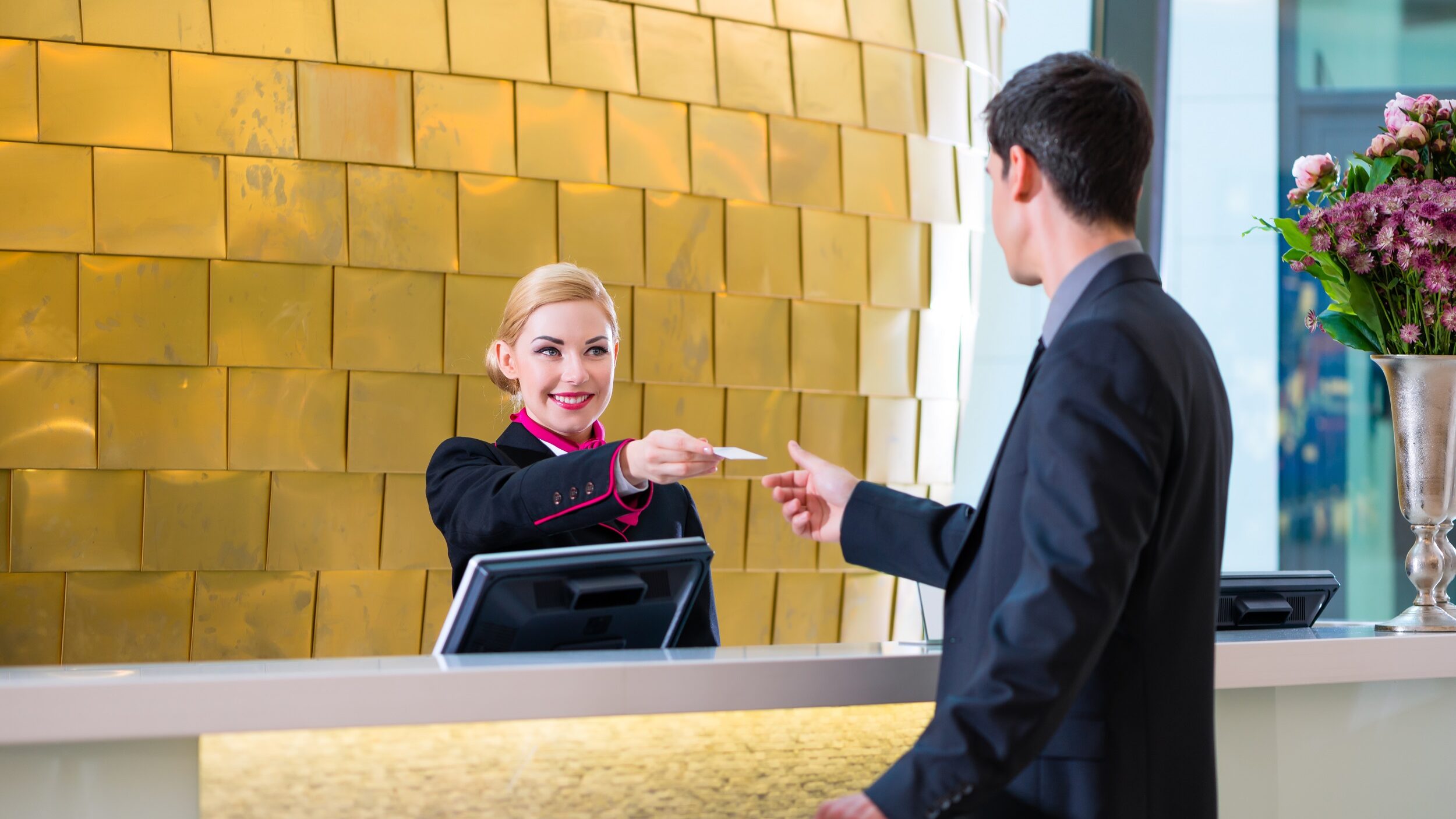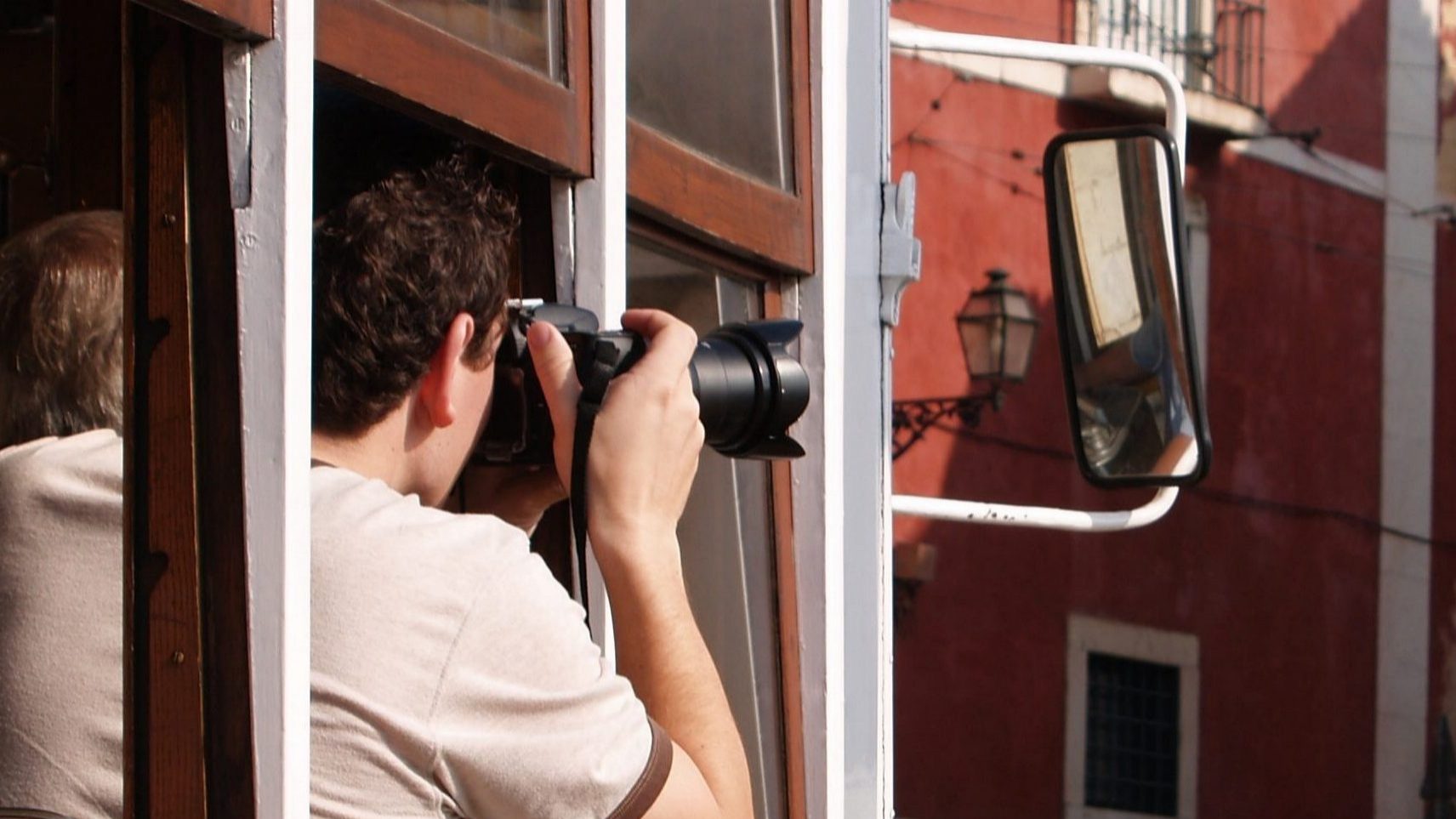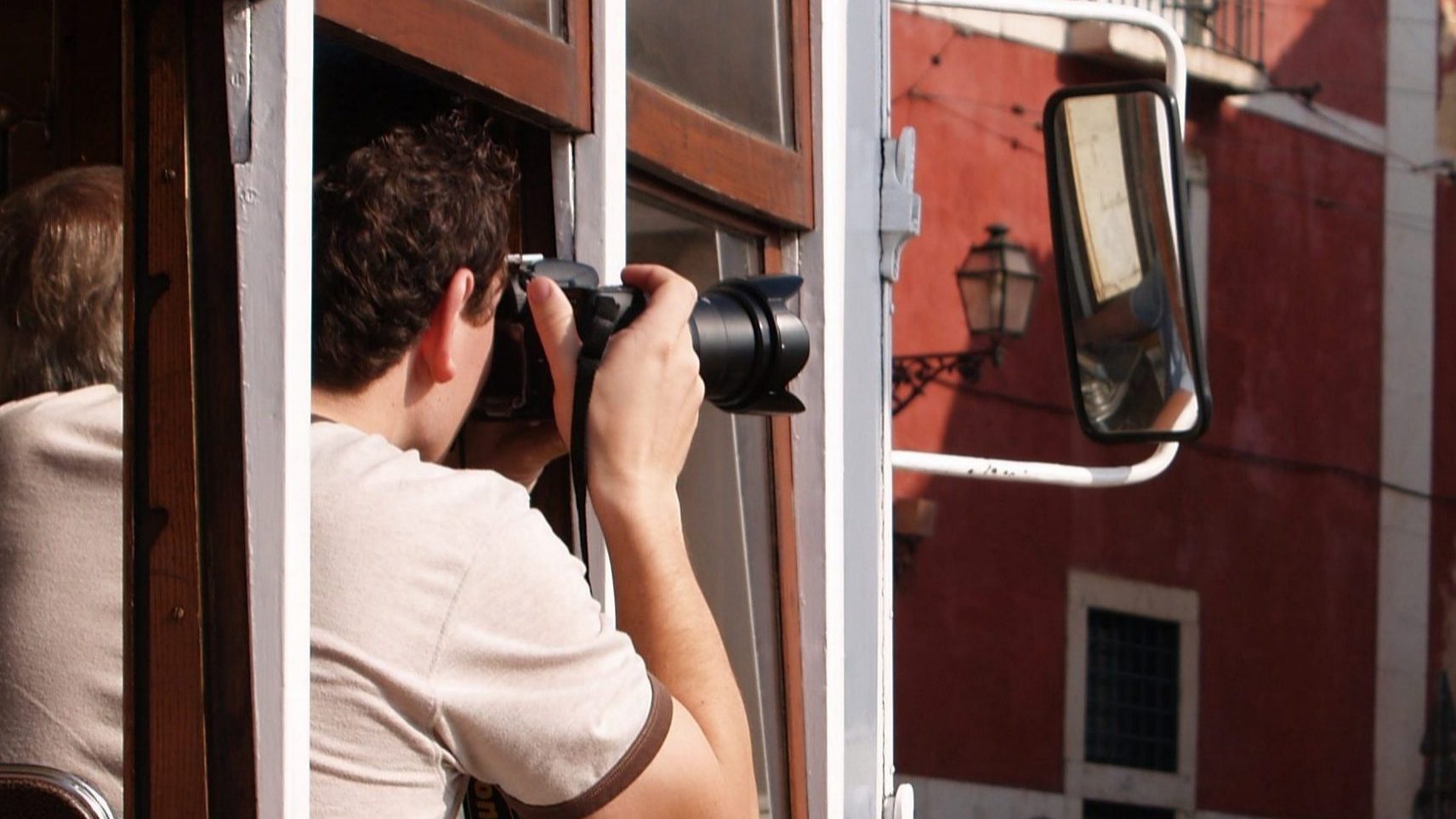2023 is going well, summer has little room for growth
Performance of tourism on the domestic economy in the first quarter, which grew above the expectations of some of the main economic institutions, has been influencing the forecasts for the country.
Portugal’s tourism authorities, such as CTP, AHP and APAVT, agree that 2023 is going well, but prefer to maintain a moderate optimism for the continued uncertainties for the closing of the year, warning that the summer has little room for growth.
The impact of the performance of tourism on the domestic economy in the first quarter, which grew above the expectations of some of the main economic institutions, has been influencing the forecasts for the country. Institutions such as the IMF and the European Commission have recently stated that the above-expected performance in the first quarter has been largely driven by tourism, whose recovery remains stronger than expected.
Lusa heard the heads of the Portuguese confederation of tourism (CTP), the Portuguese association of hotels (AHP) and the Portuguese association of travel agencies and tourism (APAVT) to understand if this performance is felt in their day to day activity, if they believe that it will be maintained throughout the half year and then in the summer, and with that close another year better than anticipated, in a situation that is difficult, unstable, and with war, inflation and high interest rates.
The president of the CTP, Francisco Calheiros, says: “Things are going well, but ‘nobody rests in the shade of the banana tree’ because it is not certain” that they will remain so. “No one with common sense can say that the expectation is to have a good year. We maintain that the only certainty is uncertainty,” he reinforced.
Opinion shared by the president of APAVT: “We continue in the moderate optimism view, in the sense that it is going well, it is going better, but caution, because we do not know if this is a performance that can be maintained.”
The president of AHP reinforces that “the first quarter was very good” and “in most regions of the country”, which is “very important”, but also concedes that now “the evolution of overnight stays will have a much less robust growth”.
Even because, recall the three officials to Lusa, this first quarter compared with the first three months of 2022 that still corresponded to the last variant of covid.
“We had three fabulous months, but already felt some slowdown in April and May, still growth, but not as big as January, February and March,” says Francisco Calheiros to Lusa, adding that in the summer the sector cannot grow so because “it has already reached, so to speak, the peak”.
In travel agencies, the feeling is the same. “The year 2022 was extraordinary, of an almost unthinkable recovery. The year 2023, to date, is running frankly better than 2022, certainly with most of the ‘players’ [operators] growing double digits,” says Pedro Costa Ferreira, adding immediately that they have “the notion that probably this growth can not continue at this rate”.
“It doesn’t seem possible to us in view of all the aforementioned [conjuncture]. We accept that part of the growth has to do with a more accentuated behaviour of advance bookings this year. We must not forget that last year, by this time, we had come out of the pandemic and we were crazy to travel, but nobody was taking the risk of buying a trip two months away. Today it is a completely different scenario. There is an idea that demand can be higher than supply, this usually generates greater advance revenue,” explains the president of APAVT.
Thus, about the reservations for the summer the official says that “they are going well”, still “growing”, but that there is also “a lot of places to sell, a lot of supply still to deliver to customers” and also “a lot of grey area where operations may go less well”.
Bernardo Trindade (head of AHP) praises the fact that the probable slowdown in the growth of overnight stays in the current quarter has been felt and that will counteract, even in terms of revenue, “the improvement in the average price of overnight stays”.
“This means that, despite everything being more expensive – tickets, hotel room prices, meals – people want to get to know Portugal. And this has a little to do with covid still, which is an accumulated saving, particularly from countries that have now discovered Portugal in a more marked way, such as the United States, Canada, Switzerland, and a reinforcement and recovery of Germany”.
And more tourists won’t come because they can’t, says the former secretary of state for tourism, citing information from ANA – Aeroportos (the country’s airports operator).
With the current Lisbon airport full, “and with the increase in demand, we cannot respond to requests that correspond to a million (aeroplane) seats as a result of not having ‘slots’ [landing and take-off allocations],” he recalls.
Even so, AHP believes that the sector will have “a positive year-end and very well supported, firstly, with the contribution of all the regions – and this is important – and secondly, with an improvement in the average sale prices of accommodation”.


